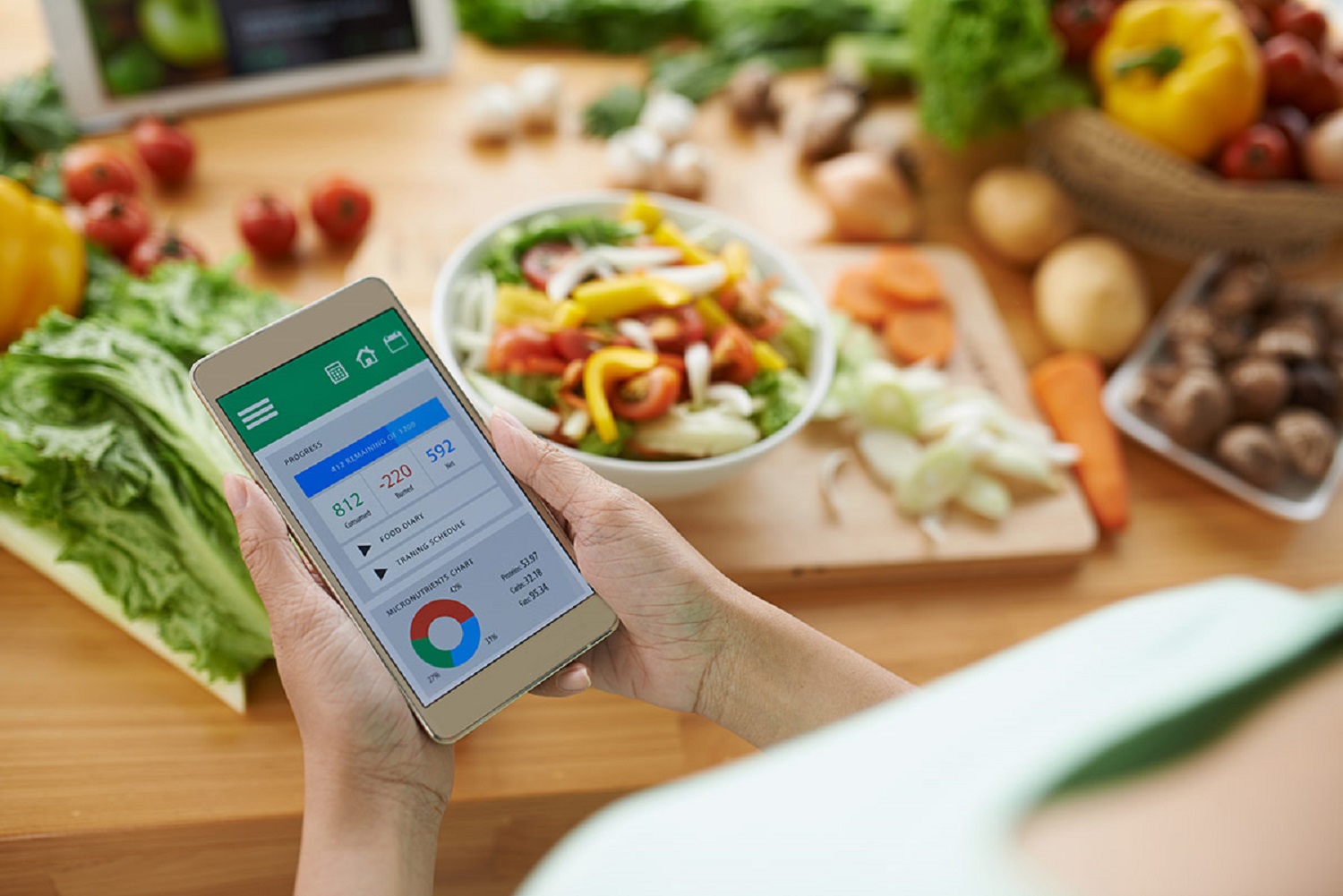
Popular meal kit delivery services are helping boost home cooking habits that incorporate the use of vegetables, a balance of good fats and less salt during the COVID-19 pandemic.
Australian nutrition and dietetics researchers – including one from the Caring Futures Institute – say meal kit services are growing in popularity despite there being little research into users and potential nutritional benefits.
Meal kits are designed to complement busy, modern lifestyles with pre-measured ingredients and recipes delivered to the home.
The new paper Are meal kits health promoting? Nutritional analysis of meals from an Australian meal kit service (2020) by CJ Moores, LK Bell, MJ Buckingham and KM Dickinson has been published in Health Promotion International (Oxford Academic) DOI: 10.1093/heapro/daaa095.
The researchers reviewed the qualities – including ingredients and time to prepare meals – of a year’s worth of recipes from a popular meal kit service.
Co-author Caring Futures Institute researcher and Accredited Practising Dietitian Dr Kacie Dickinson says nine different ingredients were found in a typical recipe which required an average of three vegetables and three ingredients from the home pantry.
The meals were found to be quite high in energy from fat and protein, while sodium levels in some recipes were also high, exceeding the Australian Suggested Dietary Target of less than 2000 mg of sodium.
“This could be improved by increasing the vegetables and wholegrain ingredients in meals, or by reducing portion sizes,” Dr Dickinson says.
It was important for the researchers to also find meals that had positive qualities such as the use of a number of different vegetables. While vegetables are important for health, we know the intake is too low in most Australian adults and children.
The study concluded that while the meal kit recipes were found to have health promoting qualities such as frequently including vegetables, they could be improve further.
During the 12-month period the researchers reviewed 251 unique recipes. Per serve (median size 580g), meals contained a median of 2840 kJ (678 kcal) of energy, 58 g carbohydrate (14 g sugar), 44 g protein, 28 g total fat (8 g saturated fat) and 839 mg sodium. Median energy from macronutrients was total fat (38%), carbohydrates (34%), protein (25%) and saturated fat (11%).

